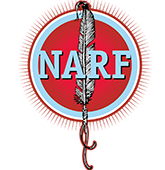A baby adopted, a family divided: how a Utah politician’s adoption of a Native child spurred a federal investigation
In 2017, David Leavitt drove to the Northern Cheyenne reservation in Montana to adopt a baby girl. A few years later, during an interview with a documentary filmmaker, Leavitt, a wealthy Utah politician, told a startling story about how he went about getting physical custody of that child. Listen to the full story at Mother Jones.
